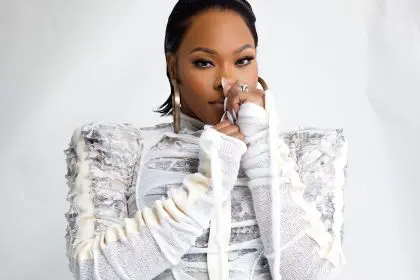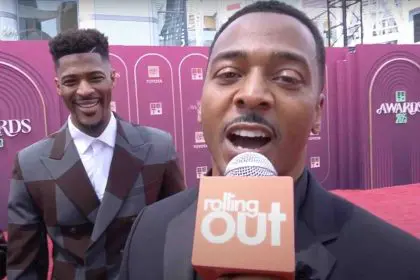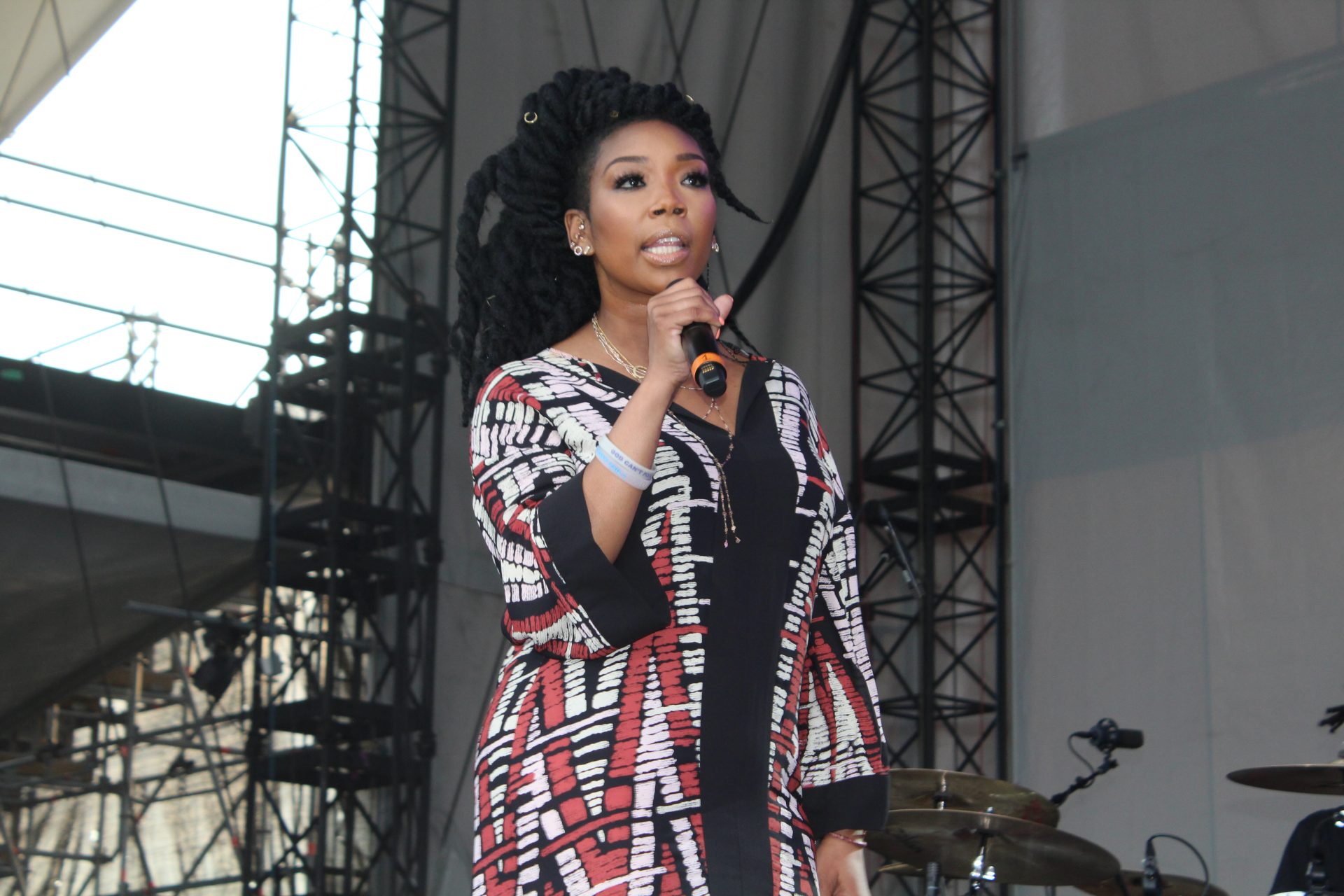 If you listen to a lot of the most popular R&B songs nowadays, you might notice a rather interesting trend. Hit songs like “Boyfriend #2,” “Birthday Sex,” and “Imma Put It On Her,” are some of the biggest hits on radio and on video channels like MTV and BET. More and more, R&B is being dominated by songs that are more overtly sexual and cynical than even some of the hip-hop fare that makes it onto the charts. Romance and sentimentality are in short supply, as more songs are brazenly sexual and aggressive. Songs like the aforementioned “Boyfriend #2” details a romantic tryst with what is technically, someone else’s woman, and while cheatin’ songs aren’t anything new, in the current climate in popular music, songs that trade in plain ol’ “I love you” and “let’s be together” aren’t that hot right now.
If you listen to a lot of the most popular R&B songs nowadays, you might notice a rather interesting trend. Hit songs like “Boyfriend #2,” “Birthday Sex,” and “Imma Put It On Her,” are some of the biggest hits on radio and on video channels like MTV and BET. More and more, R&B is being dominated by songs that are more overtly sexual and cynical than even some of the hip-hop fare that makes it onto the charts. Romance and sentimentality are in short supply, as more songs are brazenly sexual and aggressive. Songs like the aforementioned “Boyfriend #2” details a romantic tryst with what is technically, someone else’s woman, and while cheatin’ songs aren’t anything new, in the current climate in popular music, songs that trade in plain ol’ “I love you” and “let’s be together” aren’t that hot right now.
More artists and fans seem to be preoccupied with seduction as opposed to courtship. And the seduction isn’t even … well, sexy. It’s callous and cocky — and it’s not just the men. In the past, genres like rock ‘n’ roll and hip-hop have been known for brazenly sexual lyrics that often objectified women. As controversial as these genres were, they were dominated by men, and typically reflected the way men talked to other men about women — not the way men actually talked to women. R&B and pop music were the genres more traditionally dedicated to romantic themes, i.e. boy-meets-girl, boy-loses-girl and vice-versa. And when things got sexual, it was usually on the basis of two people making love, not a late-night “booty call” with a shorty.
The current themes that dominate R&B are indicative of the way that this generation views love and relationships. The romantic pessimism is evident in songs that champion cheating, one-night stands and never even acknowledge commitment to the other person. When so many so-called “love” songs reference the club, how much romance is really being celebrated? R&B’s primary audience is still women, and as we all know, young women swoon over singers that they imagine are singing to them. But, what happens when an entire generation of girls decides, instead of becoming “My Girl,” they’d rather just make “Love In This Club?” –dusty culpepper







